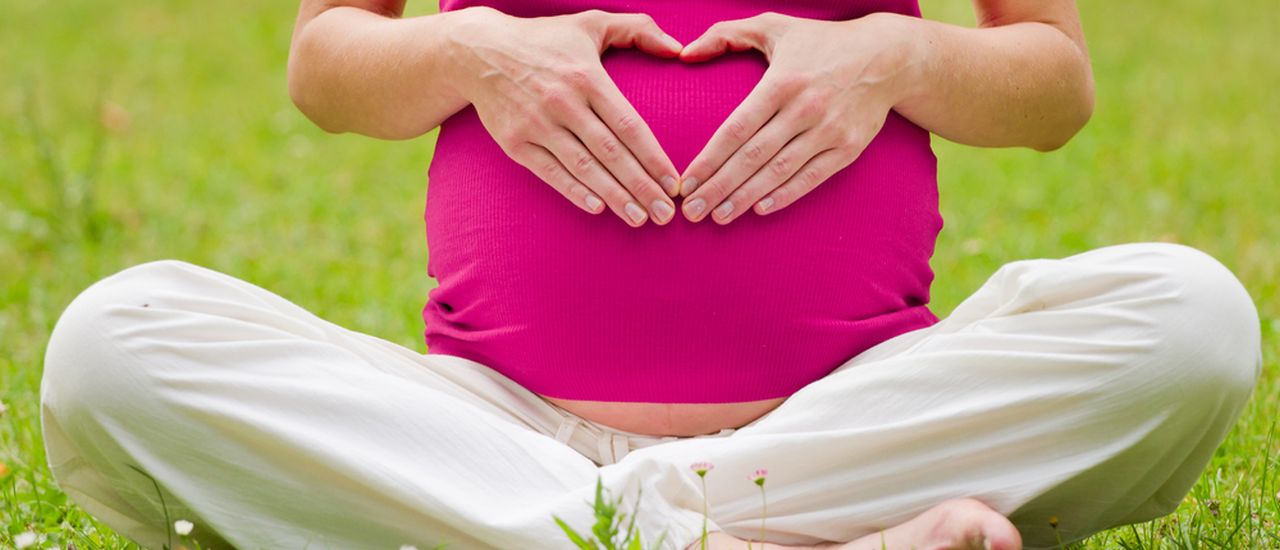Pre-eclampsia is a condition that affects some pregnant women, and it is marked by high blood pressure, a high level of protein in the urine, and often swelling in the feet, legs, hands and face.
This condition usually appears during the second half of pregnancy, often towards the end of the second or in the third trimester, although it can occur earlier. If left undiagnosed, pre-eclampsia can lead to eclampsia, a serious condition that can put mother and baby at risk, and in rare cases, cause death. Women with pre-eclampsia who suffer from seizures are considered to have eclampsia.
There’s no cure for preeclampsia, but you can help protect yourself by learning about the symptoms of pre-eclampsia and seeing your doctor regularly for prenatal check-ups, and especially if you’re experiencing any symptoms. As with most medical conditions, if preeclampsia is caught early, it’s easier to manage.
What Causes Pre-eclampsia?
The exact causes of pre-eclampsia and eclampsia — a result of a placenta that doesn’t function properly — are not known. Some researchers suspect however that poor nutrition, high body fat, or insufficient blood flow to the uterus are possible causes. Genetics also plays a significant role, as well.
Who is Most at Risk for Pre-eclampsia?
Pre-eclampsia is most often seen in first-time pregnancies, in pregnant teenagers, and in women over 40. Other risk factors include:
- A history of high blood pressure prior to pregnancy
- A personal or family history of preeclampsia
- A history of obesity
- Carrying more than one baby
- A history of diabetes, rheumatoid arthritis, kidney disease or lupus
What Are the Signs and Symptoms of Pre-eclampsia?
In addition to protein in the urine, high blood pressure and swelling, pre-eclampsia symptoms can include:
- Rapid weight gain caused by a significant increase in bodily fluid
- Abdominal pain
- Severe headaches
- Reduced urine or no urine output
- Dizziness or change in reflexes
- Excessive vomiting and nausea
It’s important that you get immediate medical help if you have a blood pressure reading higher than 140/90 or sudden and new swelling in your hands, eyes and face – or any of the other symptoms listed. It’s important to have regular prenatal visits to your doctor as it is possible to have pre-eclampsia and not have any symptoms.
Joanne Hart for HelloDoctor.com

